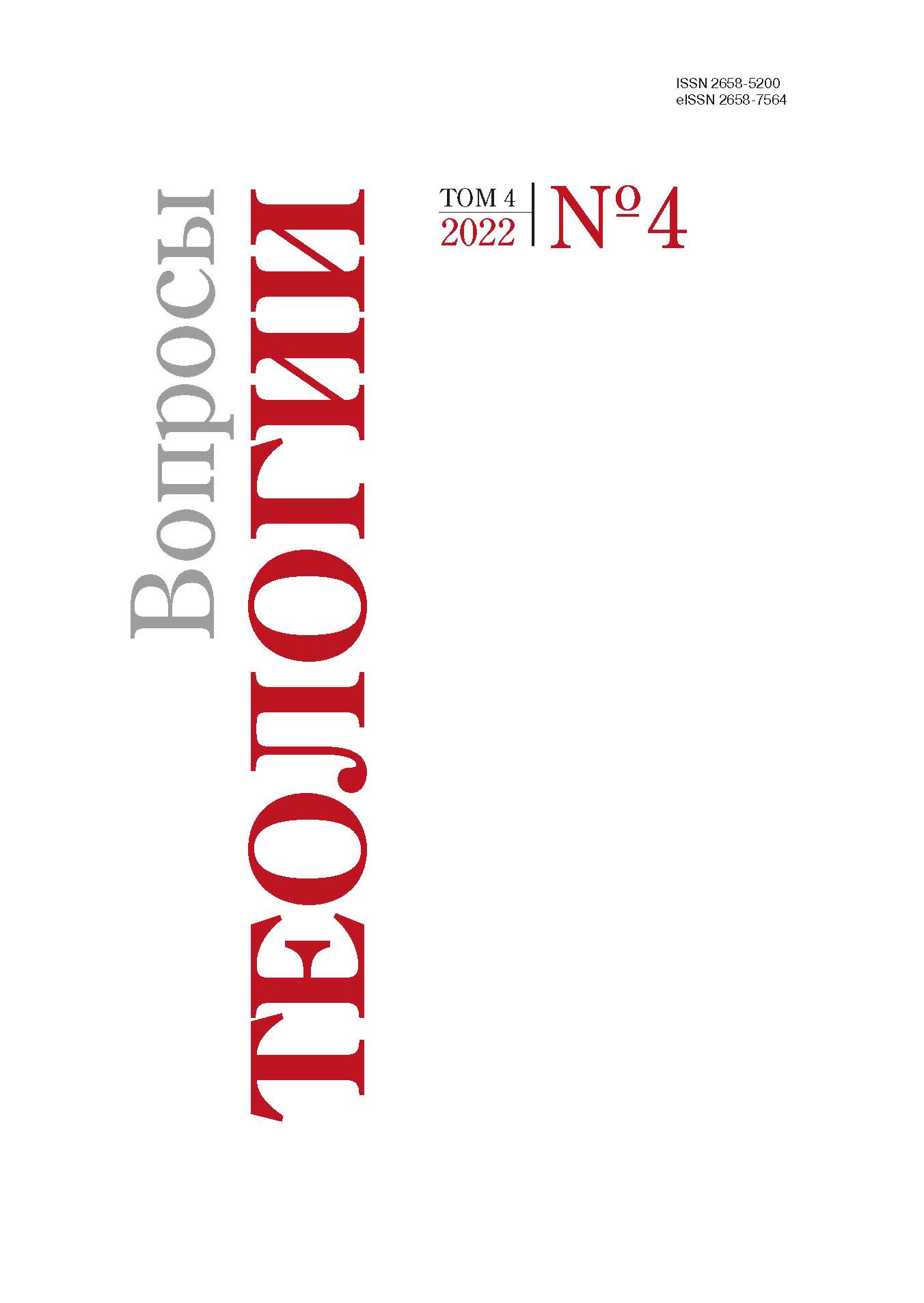The problem of free will in Eastern and Western Christianity
DOI:
https://doi.org/10.21638/spbu28.2022.405Abstract
Modern interest in the problem of human free will is largely centered on artificial intellect and transhumanism concepts. However, within a physicalist framework, in contrast with medieval thought, this issue is not considered to belong to the area of metaphysics. The article describes historical features of Eastern and Western approaches to this problem. The contrast between the ancient worldview and the Christian standpoint is discussed, as well as the complicated issue of the autonomy of will in coordination with Providence, which demands antinomic combination of divine omniscience and the optionality of human choice. The nature of this antinomy was understood based on an incorrect description of spiritual and divine worlds by means of a language based on classical logic principles, which include empirical laws of rough matter. It is noted that in Western European tradition an attempt to go beyond the classical logic framework was made by Molinists in the doctrine of Middle Knowledge. The problem of the will in Eastern patristics was thoroughly investigated by Maximus the Confessor, who affirms that free will, unlike freedom of choice, is not actuality, but a certain goal for a person.
Keywords:
free will, predestination, logic, Augustinism, Pelagianism, fatalism, Maximus the Confessor
Downloads
References
References
Downloads
Published
Issue
Section
License
Articles of "Issues of Theology" are open access distributed under the terms of the License Agreement with Saint Petersburg State University, which permits to the authors unrestricted distribution and self-archiving free of charge.




